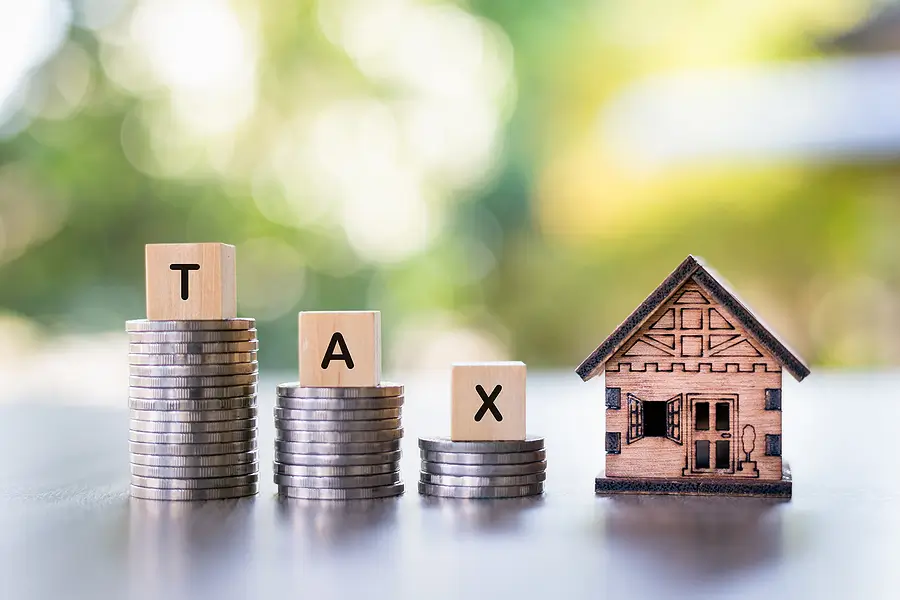One of your biggest financial goals as a landlord is keeping rental income taxes as low as possible. Learning tax rules might feel overwhelming, but understanding the deductions and tax benefits available can make a significant difference in your rental business.
From deductible expenses to proper tax planning, here’s how to reduce your tax problems and maximize your rental property income.
Report Rental Income and Expenses Accurately
The Internal Revenue Service (IRS) requires rental property owners to report rental income and expenses properly. Rental income includes payments like advance rent, final rent payments, and security deposits if they are used for repairs or unpaid rent. Keeping track of rental income generated and your operating expenses will help you stay compliant and reduce your tax liability.
Know Your Deductible Rental Expenses
One of the keys to reducing your rental income taxation is taking advantage of deductible expenses. Common deductible rental expenses include:
- Mortgage interest - interest payments on loans for your residential rental property are fully tax-deductible.
- Property taxes - any real property taxes paid for your rental property are deductible.
- Maintenance and repair expenses: Regular repair costs, like fixing a leak or repainting, are fully deductible.
- Property management fee - if you use a property manager to oversee your rental business, the fees count as deductible expenses.
- Insurance premiums - payments for rental property insurance are another tax-deductible expense.
- Professional fees - hiring a tax professional or real estate attorney to handle rental income taxation can also be a deductible expense.
Take Advantage of Depreciation Deductions
Rental property owners can deduct depreciation deductions for the wear and tear on a rental property over time. While depreciation doesn’t involve actual cash expenses, it’s one of the most significant tax benefits available. The IRS allows you to spread out these deductions over several years, which reduces your taxable income year after year.
Deduct Ordinary and Necessary Expenses
Ordinary and necessary expenses for your rental property include utilities, maintenance costs, advertising, and professional fees. These expenses paid to keep your rental running can reduce your taxable rental income significantly. Don’t forget to deduct expenses related to finding tenants or collecting rent—these often fall under qualified rental expenses.
Plan for Capital Gains Taxes
If you sell your rental property, you may need to pay capital gains taxes on the profit. However, strategies like a 1031 exchange allow you to defer paying capital gains taxes by reinvesting the money from the sale in another property. A tax professional can help you minimize the impact of capital gains on your overall tax bill.
Partner with a Property Manager
Managing your rental business alone can be time-consuming, especially during tax season. A professional property manager can help you track income and expenses, handle rental property tax paperwork, and keep your rental business compliant with tax laws.
Let’s Maximize Your Rental Profits Together
At First Class Realty & Management, we help you get the most out of your rental property. From overseeing rental income and expenses to managing your tax obligations, our team ensures you achieve greater profitability while minimizing the stress of rental income taxation.
Explore our Property Management Services or Contact Us today to see how we can help you grow your rental business and reduce your tax burden. Let’s maximize your profits together!

